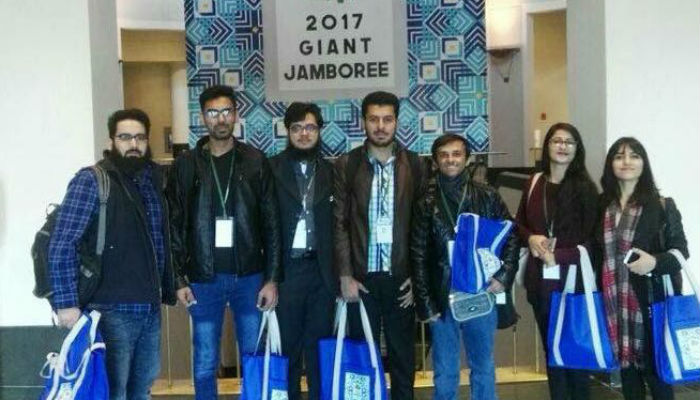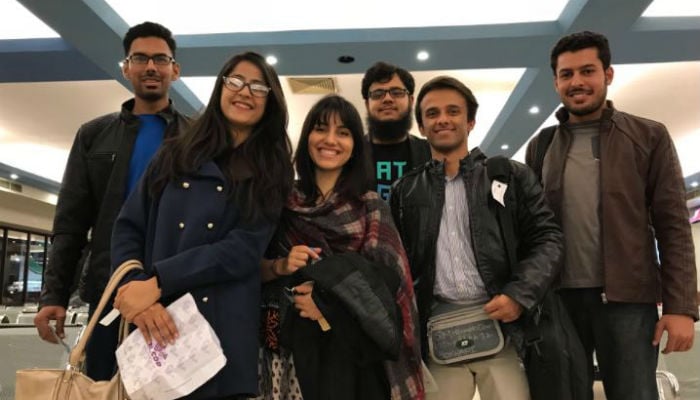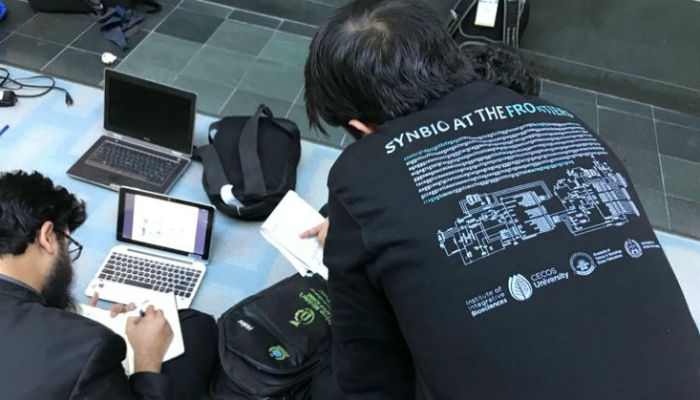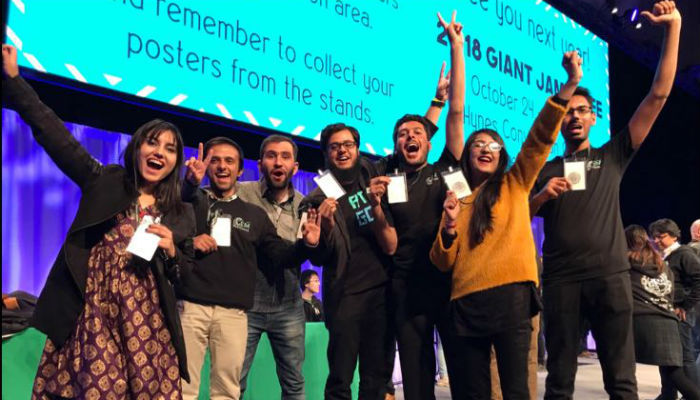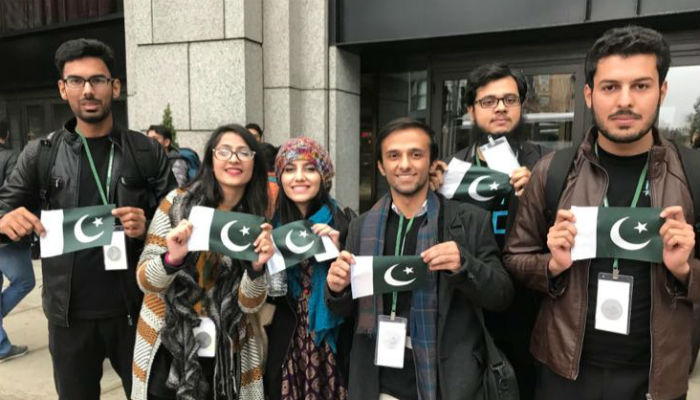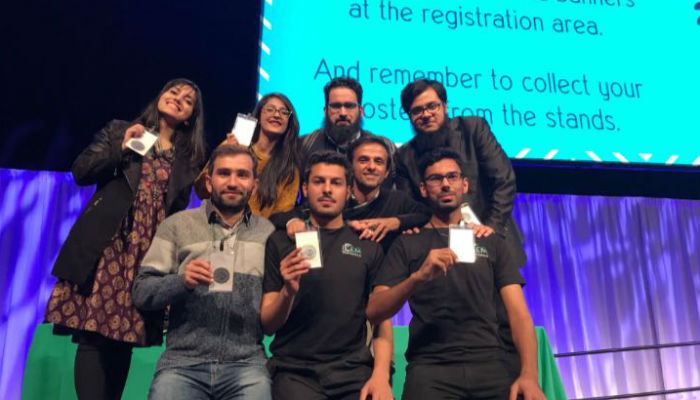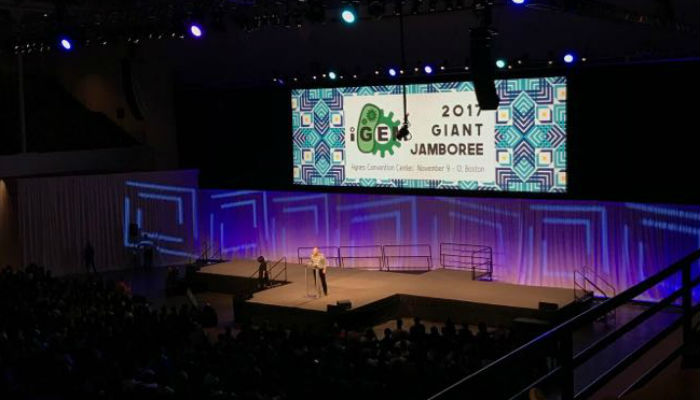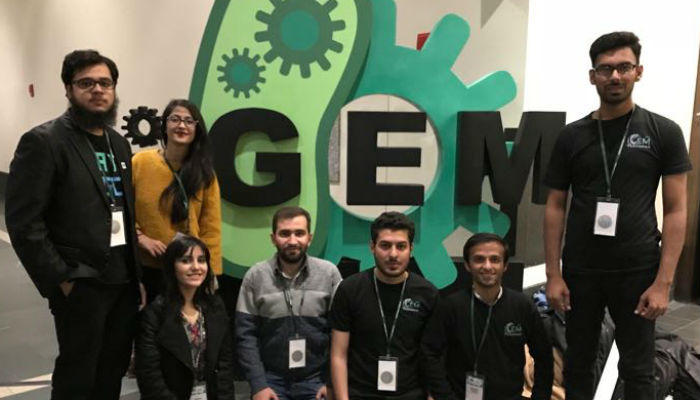Pakistani students win silver at iGEM 2017
November 14, 2017
BOSTON: Students from Pakistan were awarded with a silver medal for their project at the iGEM [International Genetically Engineered Machine] 2017, which was held at Boston’s Hynes Convention Centre Monday afternoon.
The team includes Muhammad Dawood, Ushma Farooq, Hassan Raza, Hassnain Qasim, Ayesha Khan and Babar Nawaz.
The students belong to different cities of Pakistan including Lahore, Attock, Islamabad, Multan, Faisalabad, Khyber Agency, Nowshera, Charsadda, Peshawar, Swabi and Mardan.
According to a press release, the iGEM team belongs to Institute of Integrative Biosciences, CECOS University, Peshawar, and has been supported by the Directorate of Science and Technology, Government of Khyber Pakhtunkhwa
The iGEM Peshawar team was also nominated for the Best Bio Safety Award, this year.
The awarded project is called a ‘reporter fish’ which can detect heavy metal contamination in fresh water and in response to it and change the colour of its body.
The team designed and built the genetic (DNA) circuits needed for this function and have tested them in bacterial cells. The students believe that their project would have a direct impact on the livelihoods of fish farmers, and the health of fish consumer across the country.
“I am super proud of the team who put in a lot of effort to win us a Silver this time. A lot of thanks to the Government of KP and CECOS university for the sponsorship and the all out support throughout the competition this year,” said Dr Faisal Khan, the supervisor of the team.
“We hope our industry will join hands with us in IGEM 2018 –like all other teams here from different countries,” he added.
What is iGEM?
The International Genetically Engineered Machine (iGEM) Foundation is an independent, non-profit organization dedicated to education and competition, the advancement of synthetic biology, and the development of an open community and collaboration, according to its website.
iGEM started in January 2003 as an independent study course at the Massachusetts Institute of Technology (MIT) where students developed biological devices to make cells blink. This course became a summer competition with 5 teams in 2004 and continued to grow to 13 teams in 2005; it expanded to 300 teams in 2016, reaching 42 countries and over 5,000 participants.
